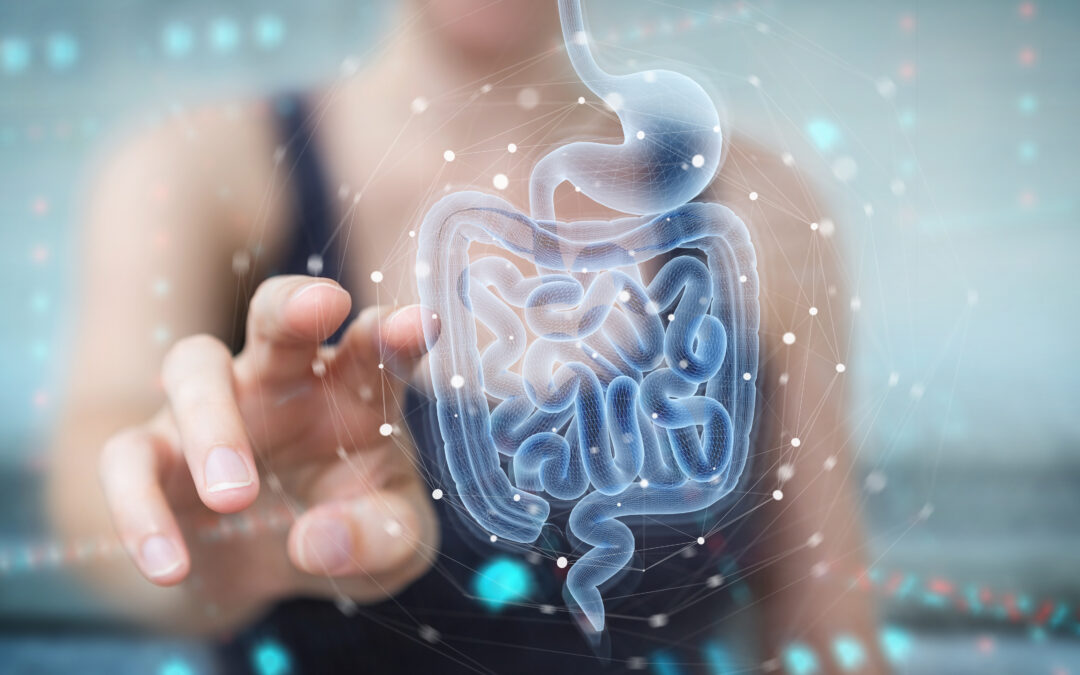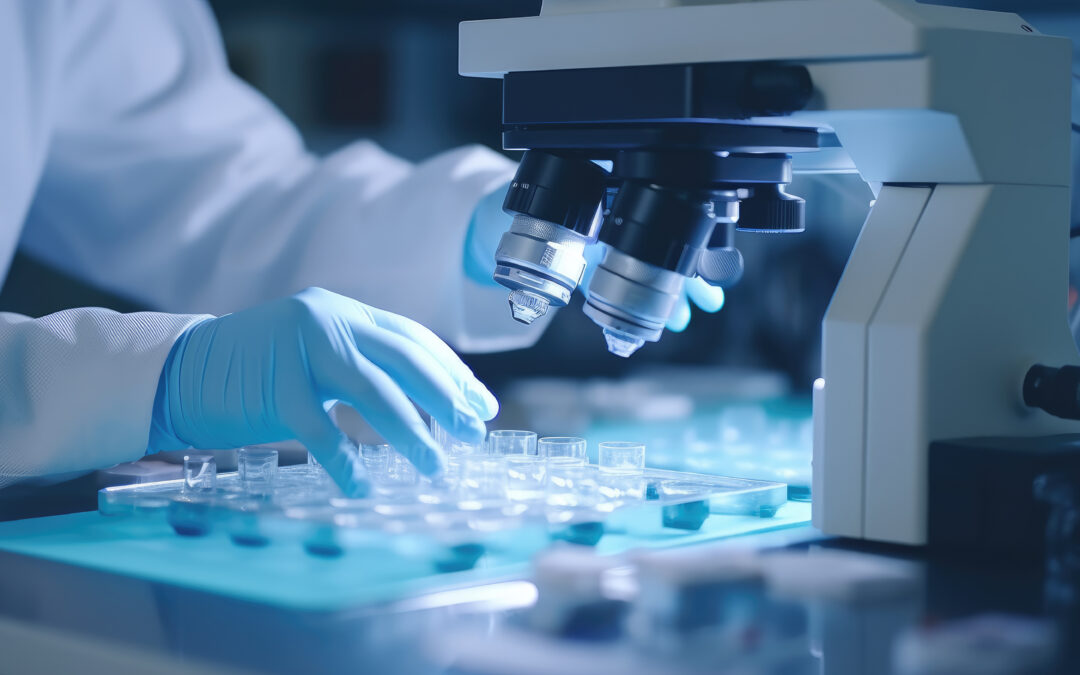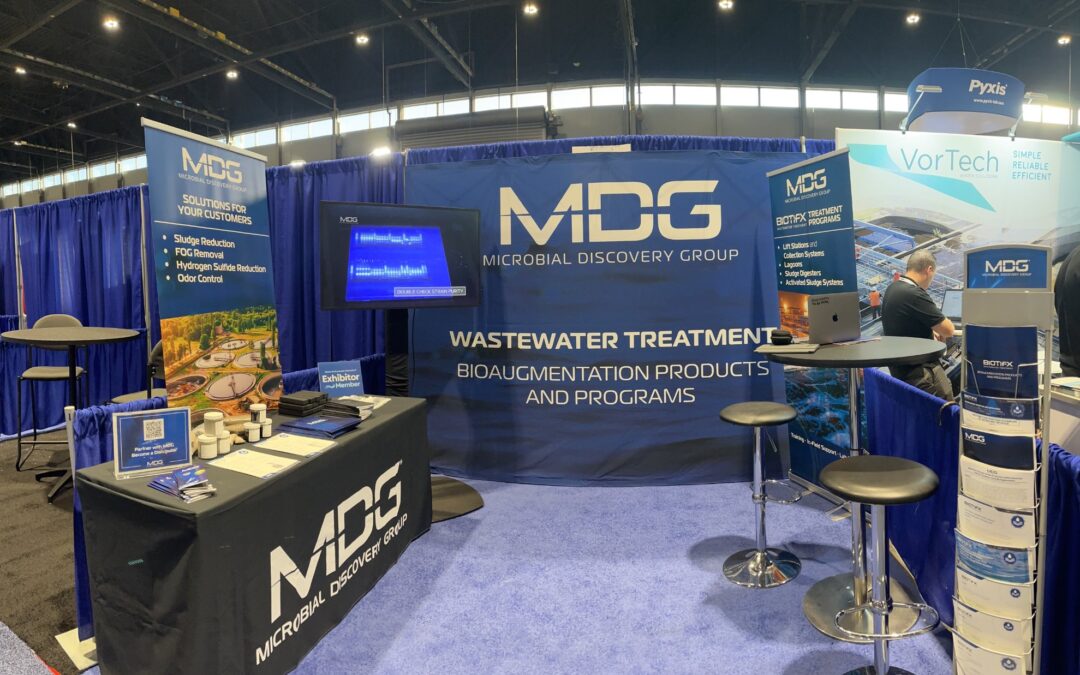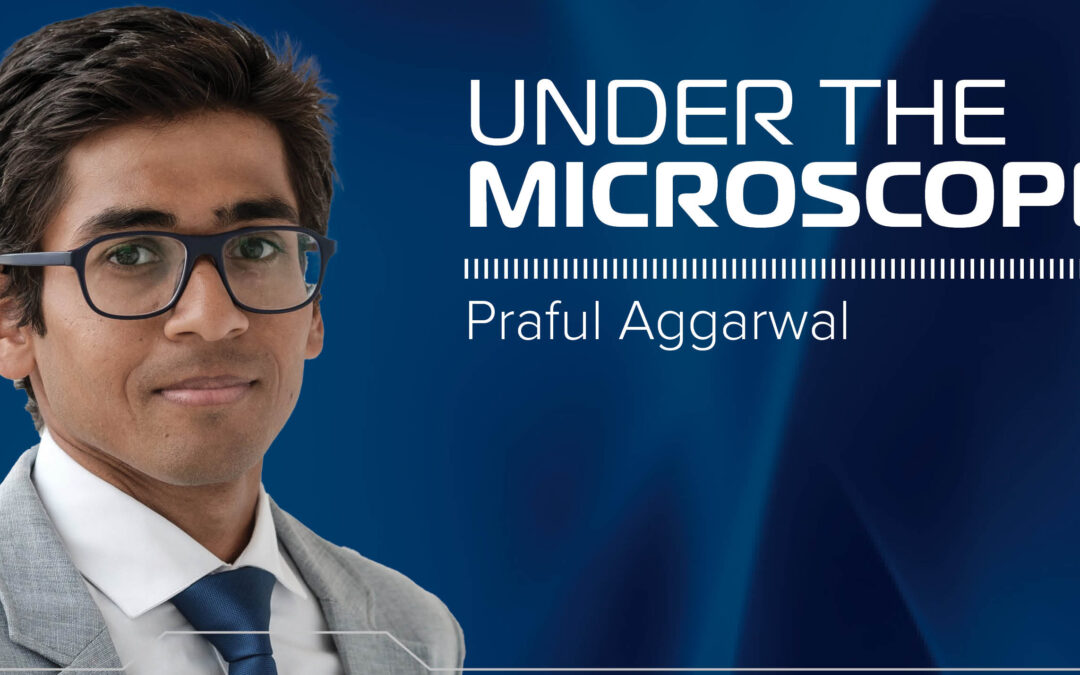Microbial Discovery Group LLC (MDG) has filed a patent for a blend of novel plastic degrading shelf stable Bacillus. This unique combination works to aid in the biodegradation of plastics. MDG’s goal will be to leverage the bacteria along with research gathered to develop a new product for treating landfills and leachate, potentially reducing pollutants, toxicity, cost, post-closure care, hydrogen sulfide emissions, and accelerating waste stabilization.
MDG recognizes that twenty-five million tons of plastics are discarded to landfills annually, accounting for 13% of municipal solid waste (MSW). Plastic film, including grocery bags are difficult to recycle. While there are machines that remove plastic bottles and other plastic materials from garbage, a cost-effective solution that targets the removal of plastic bags does not currently exist. The degradation can take up to 1,000 years resulting in high costs for building new landfills. Even if the US continues to promote bans of plastic bags, or increase regulations around them, there will still be a need for accelerating landfill breakdown, as well as reducing costs related to post-closure care. For these reasons, bioaugmentation was evaluated as a more cost-effective solution for landfill and plastic remediation.
MDG has put focus on finding a combination of shelf-stable strains that will not only increase the rate of decay of plastic-containing waste, but also limit odor and leachate toxicity in a lab-scale setting. As part of the research led by Claire Heile, Research Microbiologist II, MDG constructed a pilot-scale landfill simulator to study the degradative effects of microbes on high-density polyethylene (HDPE) film. MDG found that the degradation rate of HDPE increased when compared to controls and that leachate quality improved via the reduction of nitrogen and chemical oxygen demand (COD).
With these initial findings, continued research on bioaugmentation is taking place to optimize the application rate and further understand end-products of plastic decomposition. Looking ahead, discussions around potential partnership opportunities within the waste management and bioaugmentation industry are in the works to further examine the abilities of these unique strains and their effect on plastic degradation in large scale landfill conditions.
“We get excited to find cost effective sustainable microbial solutions. When thinking about how plastic bags are causing significant environmental and economic problems, we got to work. We can’t wait to become a part of the solution for one of world’s concerning environmental problems,” said Sona Son, MDG Director of Research and Development. MDG will present its findings at the Society for Industrial Microbiology and Biotechnology (SIMB) as well as at SWANA’s WASTECON® this August.
For more information regarding this research, please Contact Us.









